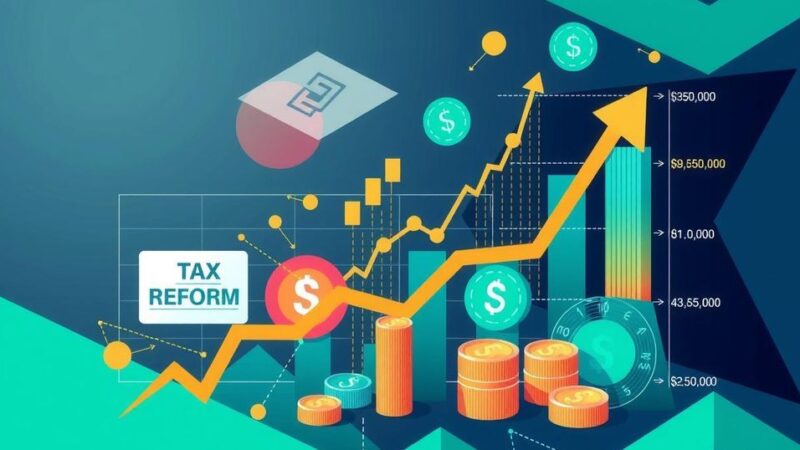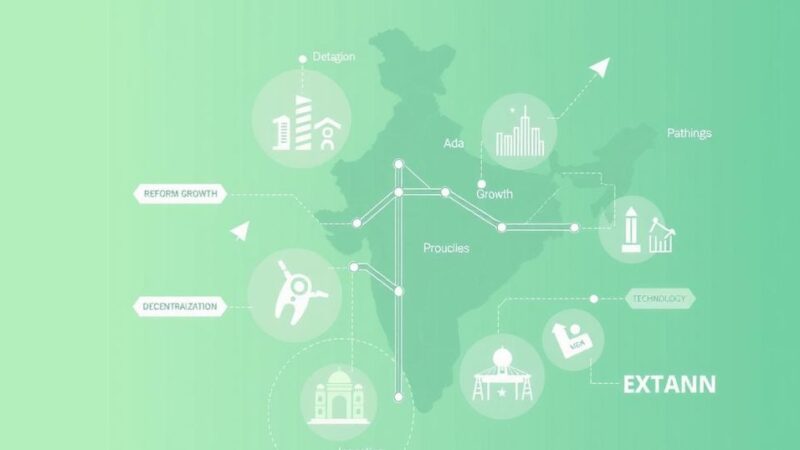Budget overspending by the Boakai-Koung Administration raises questions about Liberia’s economic stability. The government must learn from past mistakes and other nations’ experiences with fiscal irresponsibility. Strategies for fiscal accountability and participatory budgeting should be prioritized to empower citizens and support critical sectors like healthcare and education. Immediate action is needed as the country approaches 2025 to secure a more prosperous future for all Liberians.
Recent reports of budget overspending by the Boakai-Koung Administration have raised serious concerns over Liberia’s economic situation. As the country navigates a challenging economic environment, it is vital for the government to learn from its past mistakes and from the experiences of other nations facing similar issues. Many African countries contend with misallocated resources, unchecked spending, and growing debt, presenting a pivotal moment for Liberia to reassess its economic strategies.
Countries like Zimbabwe, South Sudan, and Angola serve as cautionary examples of fiscal irresponsibility. Zimbabwe is notorious for hyperinflation, while South Sudan has descended into a humanitarian crisis driven by poor economic decisions. Angola, despite its valuable oil resources, remains mired in poverty due to severe corruption and mismanagement, highlighting the essential need for fiscal accountability.
Dr. Joseph Nyumah Boakai’s administration is now charged with the formidable task of rectifying Liberia’s fiscal policies. Reports of increasing budget deficits are alarming, as unchecked spending may result in exacerbated hardships for citizens. With a fragile economy dependent on agriculture, mining, and services, urgent attention is required to enhance infrastructure, education, and healthcare systems, particularly for vulnerable groups like women and children.
The short-term benefits of budget overspending may include immediate projects or assistance, but these often lead to long-term debt burdens. Historical evidence, like Zimbabwe’s swift economic decline, showcases how temporary gains can evolve into significant future dangers, impairing a government’s capacity to support its citizenry adequately.
Furthermore, Liberia’s engagement with the global economy presents additional challenges, particularly in light of the U.S. fiscal policies that have engendered worldwide economic instability. The repercussions of this instability may diminish foreign investment and international aid, amplifying Liberia’s economic vulnerabilities. As such, it is crucial for the Boakai administration to incorporate global economic trends into its governance strategy.
A focus on fiscal accountability is imperative, requiring transparency in budget allocation to ensure community upliftment. The government must create policies that resonate with citizens’ needs and aspirations, reinforcing the notion that a responsible administration derives its legitimacy from serving the people’s interests.
Empowering citizens through fiscal reform initiatives, like participatory budgeting, can enhance accountability. Such inclusive measures would prioritize resource allocation towards pressing needs, especially in healthcare and education. Additionally, addressing issues affecting women and children is essential, as investments in their welfare yield extensive societal benefits.
A call for fiscal responsibility should emanate from all government levels, demanding acknowledgment of past administrations’ failures and a commitment to a transparent budgeting framework. Examples from other nations, such as Rwanda’s post-conflict governance success, illustrate that accountability and anti-corruption measures can significantly improve public service.
In conclusion, with 2025 approaching, immediate action is required to curtail budget excesses and align government priorities with citizens’ aspirations. Liberia’s leadership must recognize that fiscal irresponsibility jeopardizes current and future generations. The ongoing months present a crucial opportunity for the administration to embrace responsible governance, learning from both successful and failed models worldwide. By adopting sound financial practices, Liberia can achieve a path toward economic stability and social well-being, shaping a positive future for its citizens.
In summary, Liberia’s current economic challenges demand a shift towards fiscal responsibility. By learning from both its own history and the experiences of other nations, the Boakai-Koung Administration has the opportunity to implement effective reforms. Transparent governance and fiscal accountability are essential for uplifting vulnerable populations and promoting sustainable growth. The decisions made now will determine the country’s economic trajectory for future generations.
Original Source: frontpageafricaonline.com






